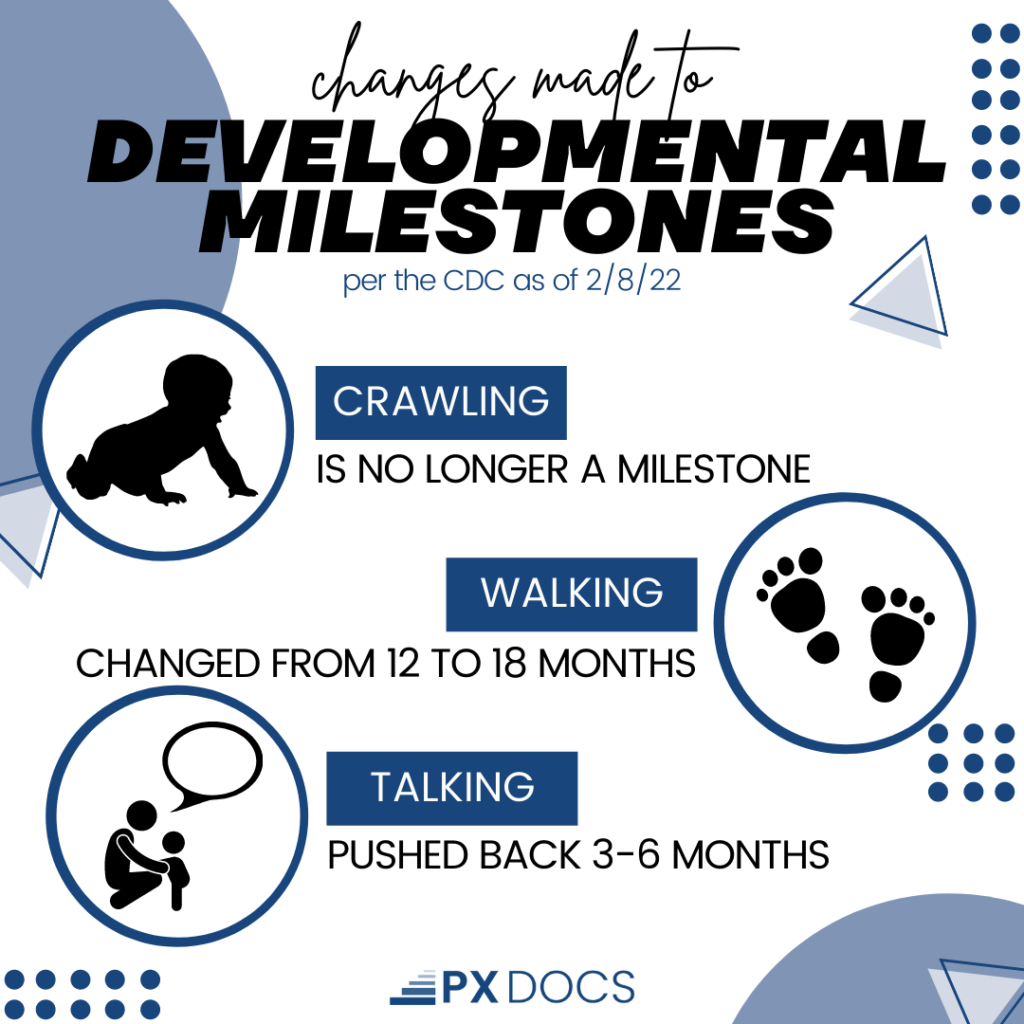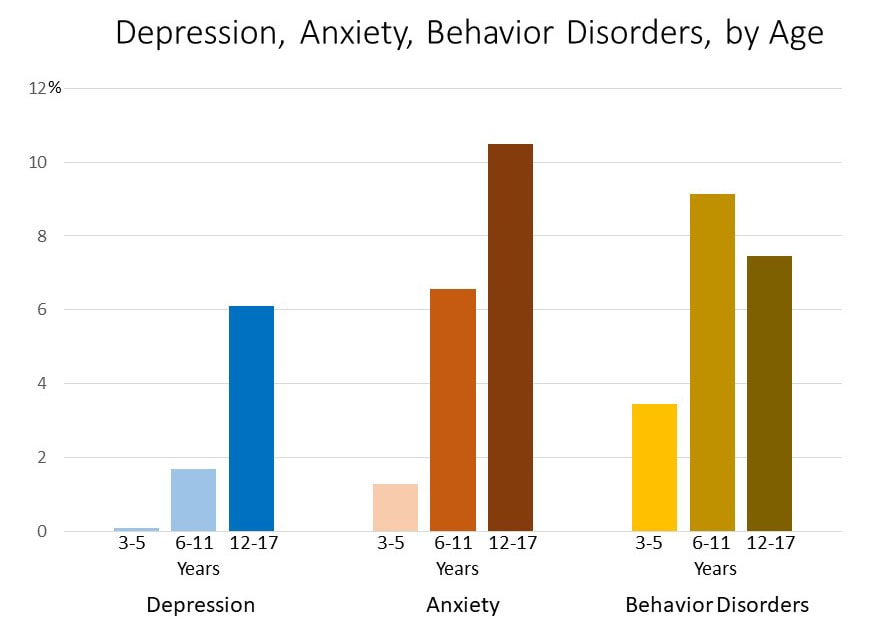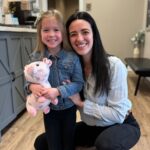On February 8th, 2022, the CDC and the American Academy of Pediatrics made some changes to the developmental milestones for our kids.

When you’ve been the primary contributor to the Perfect Storm 🌪 and a massive rise in neurodevelopmental delays and challenges in kids for decades, you have one of two choices on how to handle it…
First, you could take responsibility and work towards a solution. Since they 👨⚕️lack the tools and care programs necessary to activate and stimulate neurological healing and restoration, this would require them to immediately form collaborations 🤝 and partnerships with neurologically-focused 🧠 pediatric chiropractors and other neurodevelopmental professionals and therapists to help mitigate the problem and create that solution 🙌 .
Second, you could simply move the goalposts 🥅 and continue to try and sweep 🧹 it under the rug as now millions more kids and families continue to move unknowingly towards chronic, lifelong neurological 🧠 challenges and disabilities.
The CDC and American Medical System made yet another clear choice — they chose #2.
So Now What?
Now your typical pediatrician will need to order new charts and posters for their office and can continue to say these woefully untrue and scientifically disproven words each and every day to parents:
- “Don’t worry, they’ll grow out of it.”
- Don’t worry, it’s totally normal.”
- “Let’s wait and see.”
But as the latest neuroscience, research, and real-life clinical practice has shown us for the last 10-20 years — those are wildly inaccurate, outdated, and dangerous statements.
Parents Demand Better Options

Parents deserve a doctor who will tell them the truth — infants don’t grow out of colic, constipation 💩 , and recurrent ear infections 🤒 … they grow into the Perfect Storm 🌪 set of challenges like autism, sensory processing disorder, behavior and focus challenges, emotional dysregulation, and autoimmune disorders.
Parents deserve a doctor who actually understands neurology and movement-based brain 🧠 development, so they then know that crawling is an essential building block to walking, talking 🗣, and every other form of neurodevelopment that occurs after that.
And lastly, parents deserve a doctor who can help prevent these issues from arising in the first place (instead of being a major contributor and creator of them)… and who can also help restore neurological balance and function, and get things back on track 🚊 if needed.
That kind of doctor doesn’t wear a white coat 🥼, and they don’t look to the CDC for guidance and directions on how to help create healthy kids.
Why not?
Because on that same CDC website you’ll find that this is the most stressed out, anxious, chronically sick 😷 generation of kids we’ve ever seen.

Following the same path this last generation has is the last thing the new generation of parents wants to do.
There’s a Better Way Forward
Moms and Dads — If this message resonates with you and you know you need a different kind of doctor to help take care of your family, we invite you to search our directory below to find a neurologically-focused 🧠 pediatric and family chiropractic care near you!




